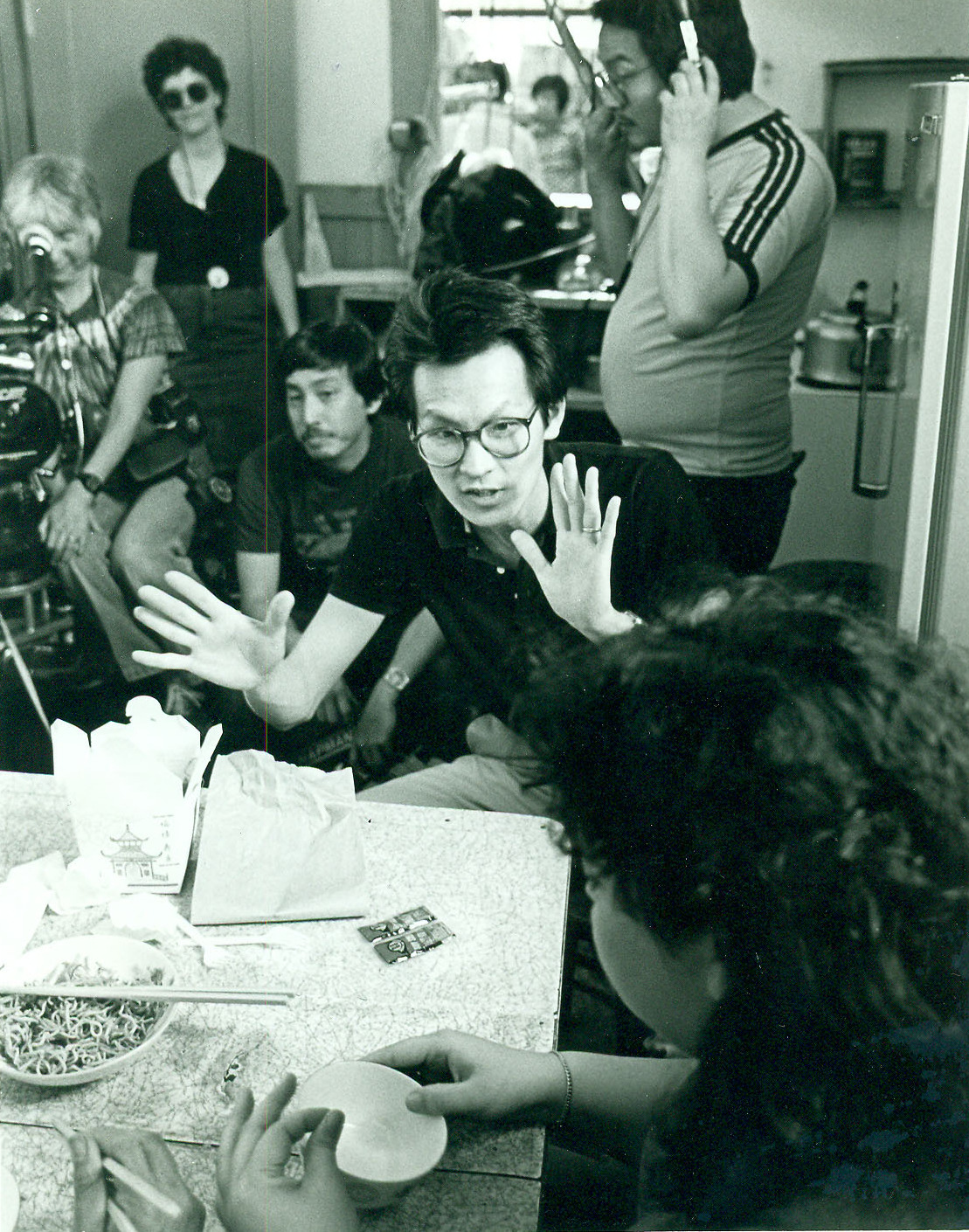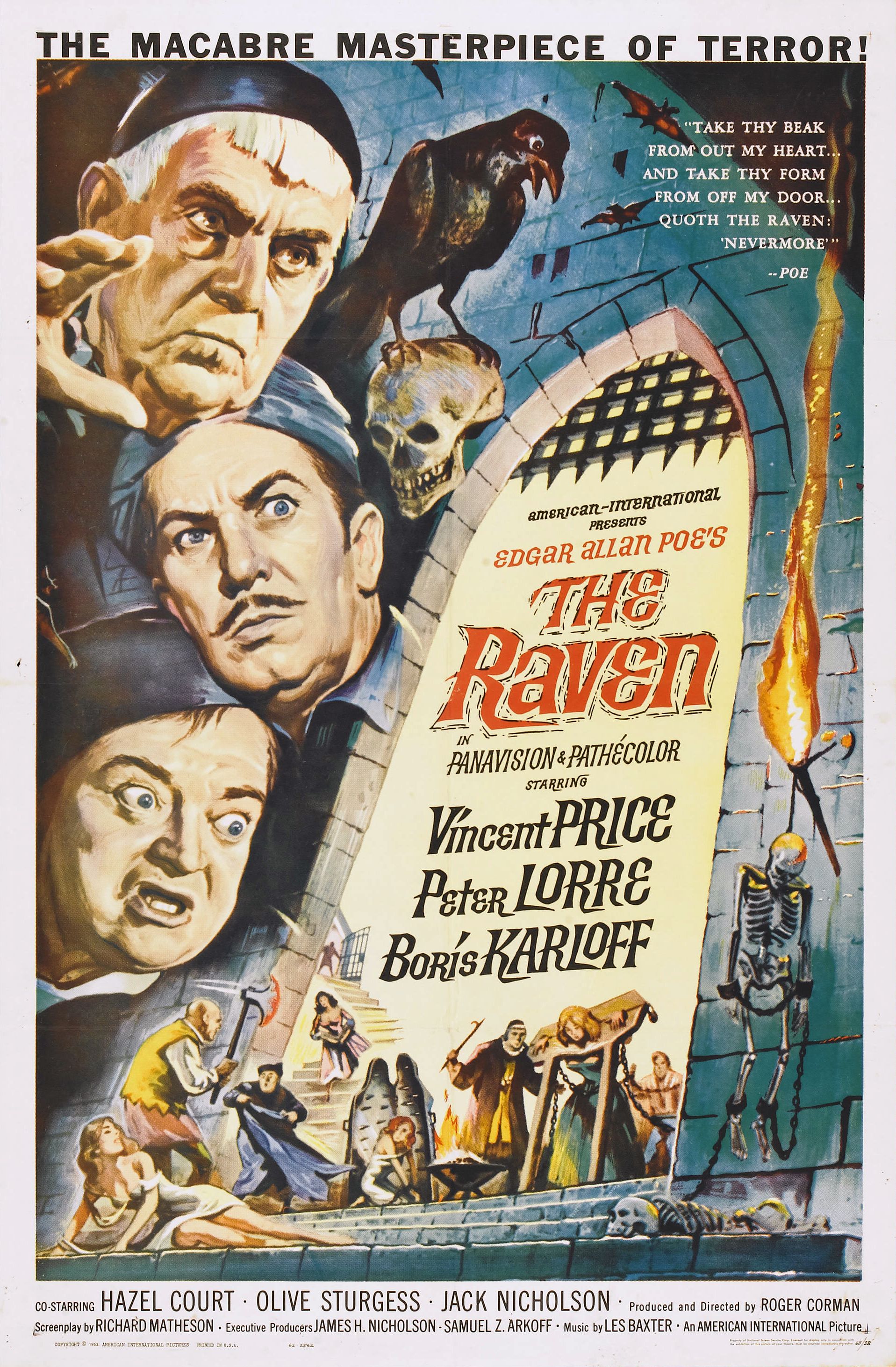|
Low-budget
A low-budget film or low-budget movie is a motion picture shot with little to no funding from a major film studio or private investor. Many independent films are made on low budgets, but films made on the mainstream circuit with inexperienced or unknown filmmakers can also have low budgets. Many young or first-time filmmakers shoot low-budget films to prove their talent before working on larger productions. Most low-budget films that do not gain some form of attention or acclaim are never released in theatres and are often sent straight to retail due to their lack of marketability, look, narrative story, or premise. No precise number defines a low-budget production, and it is relative to both genre and country. What might be a low-budget film in one country may be a big budget in another. Modern-day young filmmakers rely on film festivals for pre-promotion. They use this to gain acclaim and attention for their films, which often leads to a limited release in theatres. Films that ... [...More Info...] [...Related Items...] OR: [Wikipedia] [Google] [Baidu] |
Independent Film
An independent film, independent movie, indie film, or indie movie is a feature film or short film that is film production, produced outside the Major film studios, major film studio system in addition to being produced and distributed by independent entertainment companies (or, in some cases, distributed by major companies). Independent films are sometimes distinguishable by their content and style and how the filmmakers' artistic vision is realized. Sometimes, independent films are made with considerably lower film budget, budgets than major studio films. It is not unusual for well-known actors who are cast in independent features to take substantial pay cuts for a variety of reasons: if they truly believe in the message of the film, they feel indebted to a filmmaker for a career break; their career is otherwise stalled, or they feel unable to manage a more significant commitment to a studio film; the film offers an opportunity to showcase a talent that has not gained traction i ... [...More Info...] [...Related Items...] OR: [Wikipedia] [Google] [Baidu] |
B Movie
A B movie, or B film, is a type of cheap, low-budget commercial motion picture. Originally, during the Classical Hollywood cinema, Golden Age of Hollywood, this term specifically referred to films meant to be shown as the lesser-known second half of a double feature, somewhat similar to A-side and B-side, B-sides in recorded music. However, the production of such films as "second features" in the United States largely declined by the end of the 1950s. This shift was due to the rise of commercial television, which prompted film studio B movie production departments to transition into television film production divisions. These divisions continued to create content similar to B movies, albeit in the form of low-budget films and series. Today, the term "B movie" is used in a broader sense. In post-Golden Age usage, B movies can encompass a wide spectrum of films, ranging from sensationalistic exploitation films to independent arthouse productions. In either usage, most B movies ... [...More Info...] [...Related Items...] OR: [Wikipedia] [Google] [Baidu] |
Computer-generated Imagery
Computer-generated imagery (CGI) is a specific-technology or application of computer graphics for creating or improving images in Digital art, art, Publishing, printed media, Training simulation, simulators, videos and video games. These images are either static (i.e. still images) or dynamic (i.e. moving images). CGI both refers to 2D computer graphics and (more frequently) 3D computer graphics with the purpose of designing characters, virtual worlds, or scenes and Visual effects, special effects (in films, television programs, commercials, etc.). The application of CGI for creating/improving animations is called ''computer animation'', or ''CGI animation''. History The first feature film to use CGI as well as the composition of live-action film with CGI was ''Vertigo (film), Vertigo'', which used abstract computer graphics by John Whitney (animator), John Whitney in the opening credits of the film. The first feature film to make use of CGI with live action in the storyline of ... [...More Info...] [...Related Items...] OR: [Wikipedia] [Google] [Baidu] |
Return On Investment
Return on investment (ROI) or return on costs (ROC) is the ratio between net income (over a period) and investment (costs resulting from an investment of some resources at a point in time). A high ROI means the investment's gains compare favorably to its cost. As a performance measure, ROI is used to evaluate the efficiency of an investment or to compare the efficiencies of several different investments.Return On Investment – ROI , Investopedia as accessed 8 January 2013 In economic terms, it is one way of relating profits to capital invested. Purpose In business, ...[...More Info...] [...Related Items...] OR: [Wikipedia] [Google] [Baidu] |
The Way Of The Dragon
''The Way of the Dragon'' (, originally released in the United States as ''Return of the Dragon'') is a 1972 Hong Kong action cinema, Hong Kong martial arts comedy film co-produced and directed by Bruce Lee, who also stars in the lead role. This is Lee's only complete directorial film and the last one released during his lifetime. The film co-stars Nora Miao, Robert Wall, Paul Wei Ping-ao, Wei Ping-ou and Chuck Norris (playing his debut screen role). ''The Way of the Dragon'' was released in Hong Kong on 30 December 1972, and in the United States in August 1974. The film went on to gross an estimated worldwide (equivalent to over adjusted for inflation), against a tight budget of $130,000, earning a thousand times its budget. It was the highest-grossing Hong Kong film up until Lee's next film ''Enter the Dragon'' (1973). The film is primarily set in a restaurant in Rome. The owners are being harassed by a local crime boss, and request help from a relative in Hong Kong. The ... [...More Info...] [...Related Items...] OR: [Wikipedia] [Google] [Baidu] |
Profitable
In economics, profit is the difference between revenue that an economic entity has received from its outputs and total costs of its inputs, also known as surplus value. It is equal to total revenue minus total cost, including both explicit and implicit costs. It is different from accounting profit, which only relates to the explicit costs that appear on a firm's financial statements. An accountant measures the firm's accounting profit as the firm's total revenue minus only the firm's explicit costs. An economist includes all costs, both explicit and implicit costs, when analyzing a firm. Therefore, economic profit is smaller than accounting profit. ''Normal profit'' is often viewed in conjunction with economic profit. Normal profits in business refer to a situation where a company generates revenue that is equal to the total costs incurred in its operation, thus allowing it to remain operational in a competitive industry. It is the minimum profit level that a company can ac ... [...More Info...] [...Related Items...] OR: [Wikipedia] [Google] [Baidu] |
Berkeley, California
Berkeley ( ) is a city on the eastern shore of San Francisco Bay in northern Alameda County, California, United States. It is named after the 18th-century Anglo-Irish bishop and philosopher George Berkeley. It borders the cities of Oakland, California, Oakland and Emeryville, California, Emeryville to the south and the city of Albany, California, Albany and the Unincorporated area, unincorporated community of Kensington, California, Kensington to the north. Its eastern border with Contra Costa County, California, Contra Costa County generally follows the ridge of the Berkeley Hills. The 2020 United States census, 2020 census recorded a population of 124,321. Berkeley is home to the oldest campus in the University of California, the University of California, Berkeley, and the Lawrence Berkeley National Laboratory, which is managed and operated by the university. It also has the Graduate Theological Union, one of the largest religious studies institutions in the world. Berkeley is ... [...More Info...] [...Related Items...] OR: [Wikipedia] [Google] [Baidu] |
Hong Kong Martial Arts Films
Hong Kong action cinema is the principal source of the Hong Kong film industry's global fame. Action films from Hong Kong have roots in Chinese culture, Chinese and Culture of Hong Kong, Hong Kong cultures, including Chinese opera, storytelling and aesthetic traditions, which Hong Kong filmmakers combined with elements from Cinema of the United States, Hollywood and Japanese cinema along with new action choreography and filmmaking techniques, to create a culturally distinctive form that went on to have wide transcultural appeal. In turn, Hollywood action films have been heavily influenced by Hong Kong Film genre, genre conventions, from the 1970s onwards. The first Hong Kong action films favoured the ''wuxia'' style, emphasizing mysticism and swordplay, but this trend was politically suppressed in the 1930s and replaced by kung fu films that depicted more down-to-earth unarmed martial arts, often featuring folk heroes such as Wong Fei Hung. Post-war cultural upheavals led to a sec ... [...More Info...] [...Related Items...] OR: [Wikipedia] [Google] [Baidu] |
Bruce Lee
Bruce Lee (born Lee Jun-fan; November 27, 1940 – July 20, 1973) was an American-born Hong Kong martial artist, actor, filmmaker, and philosopher. He was the founder of Jeet Kune Do, a hybrid martial arts philosophy which was formed from Lee's experiences in unarmed fighting and self-defense—as well as Eclecticism, eclectic, Zen Buddhism, Zen Buddhist and Taoism, Taoist philosophies—as a new school of martial arts thought. With a Bruce Lee filmography, film career spanning Hong Kong and the United States, Lee is regarded as the first global Chinese film star and one of the most influential martial artists in the history of cinema. Known for his roles in five feature-length Martial arts film, martial arts films, Lee is credited with helping to popularize martial arts films in the 1970s and promoting Hong Kong action cinema. Born in San Francisco and raised in British Hong Kong, Lee was introduced to the Cinema of Hong Kong, Hong Kong film industry as a child actor by L ... [...More Info...] [...Related Items...] OR: [Wikipedia] [Google] [Baidu] |
Variety (magazine)
''Variety'' is an American trade magazine owned by Penske Media Corporation. It was founded by Sime Silverman in New York City in 1905 as a weekly newspaper reporting on theater and vaudeville. In 1933, ''Daily Variety'' was launched, based in Los Angeles, to cover the film industry, motion-picture industry. ''Variety'' website features entertainment news, reviews, box office results, plus a credits database, production charts and film calendar. History Founding ''Variety'' has been published since December 16, 1905, when it was launched by Sime Silverman as a weekly periodical covering theater and vaudeville, with its headquarters in New York City. Silverman had been fired by ''The Morning Telegraph'' in 1905 for panning an act which had taken out an advert for $50. He subsequently decided to start his own publication that, he said, would "not be influenced by advertising." With a loan of $1,500 from his father-in-law, he launched ''Variety'' as publisher and editor. In additi ... [...More Info...] [...Related Items...] OR: [Wikipedia] [Google] [Baidu] |
The Daily Telegraph
''The Daily Telegraph'', known online and elsewhere as ''The Telegraph'', is a British daily broadsheet conservative newspaper published in London by Telegraph Media Group and distributed in the United Kingdom and internationally. It was founded by Arthur B. Sleigh in 1855 as ''The Daily Telegraph and Courier''. ''The Telegraph'' is considered a newspaper of record in the UK. The paper's motto, "Was, is, and will be", was included in its emblem which was used for over a century starting in 1858. In 2013, ''The Daily Telegraph'' and ''The Sunday Telegraph'', which started in 1961, were merged, although the latter retains its own editor. It is politically conservative and supports the Conservative Party (UK), Conservative Party. It was moderately Liberalism, liberal politically before the late 1870s.Dictionary of Nineteenth Century Journalismp 159 ''The Telegraph'' has had a number of news scoops, including the outbreak of World War II by rookie reporter Clare Hollingworth, desc ... [...More Info...] [...Related Items...] OR: [Wikipedia] [Google] [Baidu] |







